Onuitgesproken Gedachten (Thoughts Unsaid), 2015
multimedia installation (text, slide show, photographs and
video)
The lighthouse tower in the small town of Westkapelle in Holland has a prominent role in modern art history. It was depicted in Piet Mondriaan’s first attempts at abstraction in 1908, in the famous series of paintings called ’t Hoge Licht (High Light). Sixty-three years later, the conceptual artist Bas Jan Ader arrived in Westkapelle and, in a series of photographs and a film, depicted the same lighthouse, with a clear reference to Piet Mondriaan in the background. Nevertheless, this small town holds another kind of history, a more somber one. In 1951, a Moluccan* camp was created in Westkapelle. A few years later, dramatic and cruel events were to unfold in the camp. In a confrontation with the police, nine Moluccans were wounded. After the incident, only women and children inhabited the camp, as all the men were brought to jail. Under conditions imposed by the local authorities, the camp was struck by hunger that lasted for several months. These events are virtually unknown to the general public, but they present a significant episode in understanding Dutch post-colonial history. As a way of connecting these two separate narratives—one that still exists in the form of collective memory and the other as a canonized work of conceptual art—I used re-enactment through collaboration with the Moluccan minority and reconstructed Ader’s work.
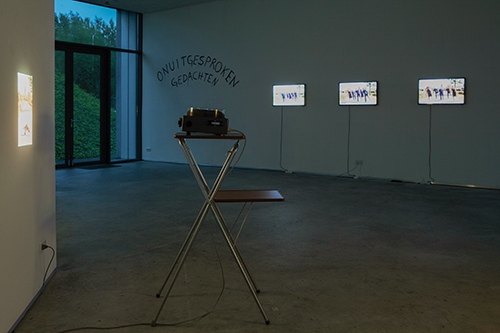
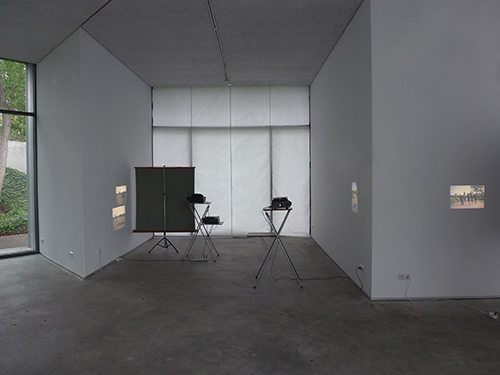
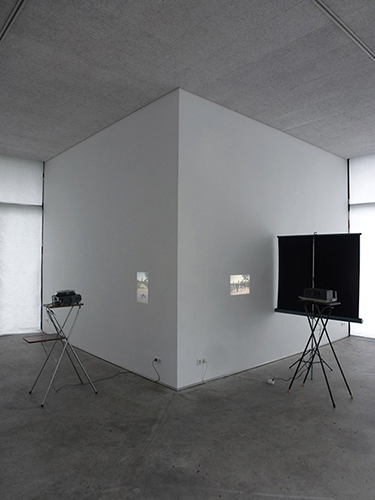
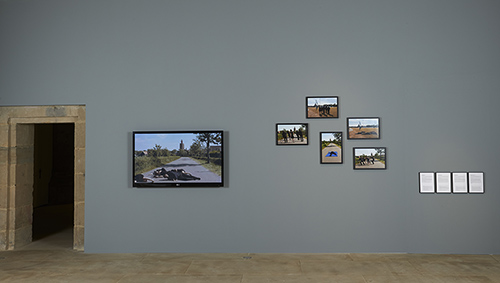
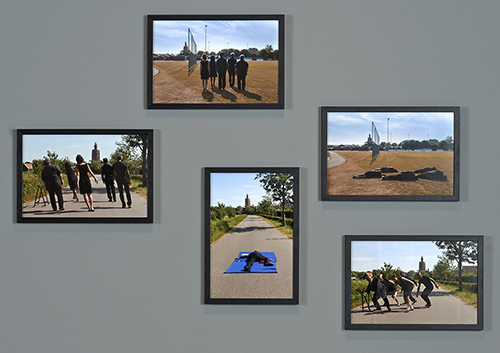
*Moluccans refers to the indigenous inhabitants of the Maluku Islands, which have been part of Indonesia since 1949.
After the Japanese occupation of the Dutch East Indies during World War II, Netherlands wanted to restore the old colonial situation. However, led by rebels and Sukarno, a struggle for independence broke out between 1945 to 1949.
The reconstituted Royal Netherlands East Indies Army (KNIL) was commissioned by the Dutch government to suppress the uprising. Moluccan professional soldiers formed an important part of KNIL. The government of the Netherlands had promised them their own free state in return for their assistance. After Indonesia's independence in 1949, the Dutch government could no longer keep its promise.
The Moluccans who served in the command of KNIL, were seen by the Indonesians as collaborators and had to go to the Netherlands. They were then housed in camps, including the former Nazi transit camps (WW II).
From Wikipedia, the free encyclopedia